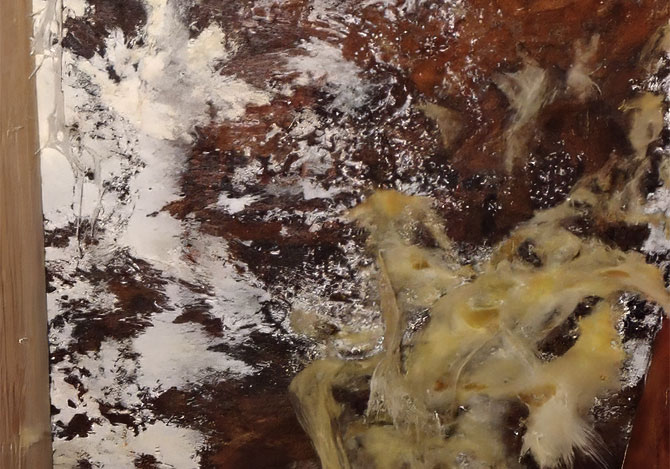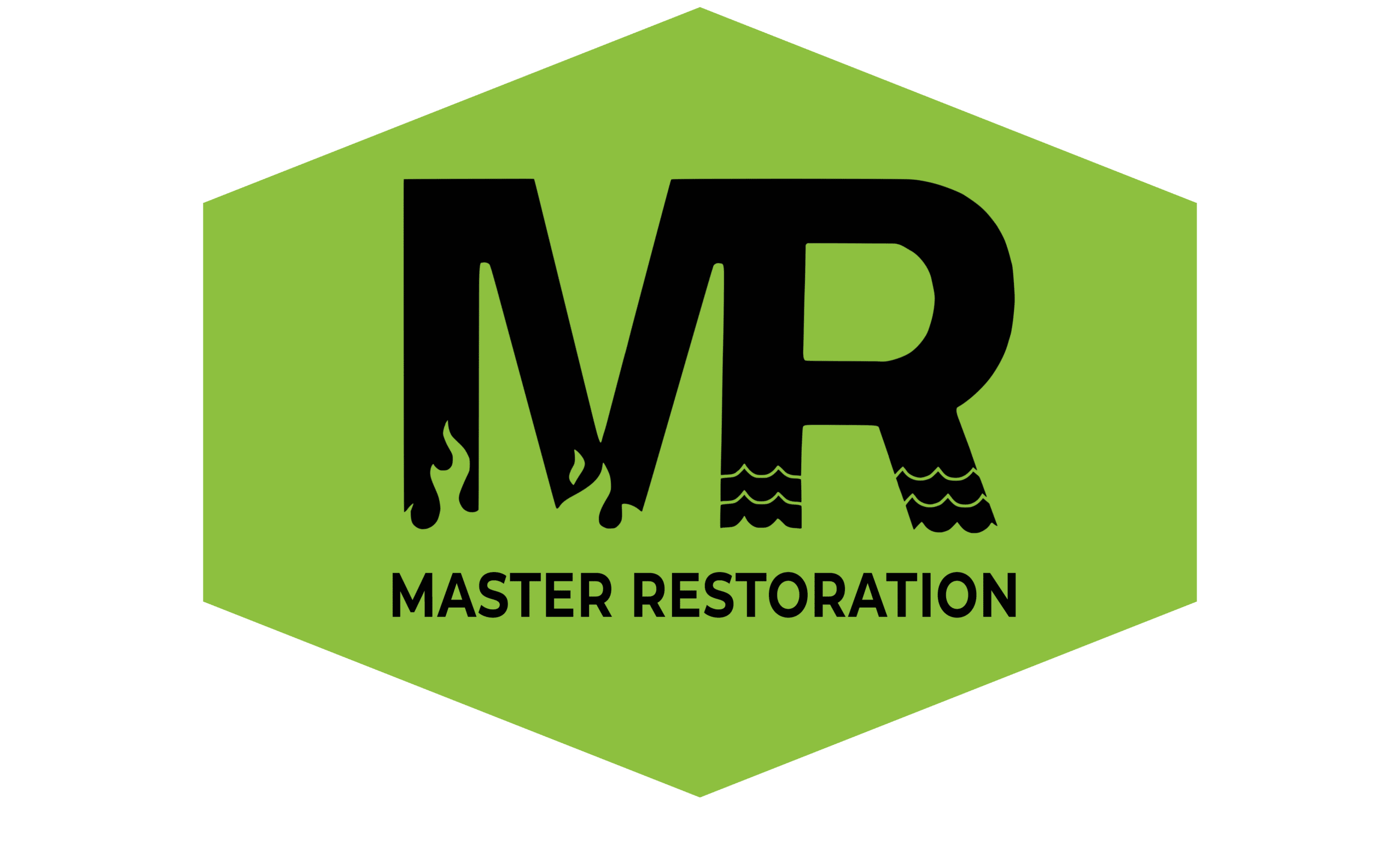
Why You Should Control the Spread of Mold in Your Meridian Idaho Home
Mold is the last thing anyone wants in their home. Unfortunately, there’s nothing you can do about it because mold spores will always be a looming threat, no matter how clean your home is. Because these tiny fungus seeds are an ever-present part of nature’s recycling mechanism, disinfectants can only accomplish so much.
Nevertheless, it becomes a serious cause for concern when fungal spore cultures turn into colonies of slimy black mold because they can also be harmful. For many people, intolerance to harmful mycotoxins produced by mold cultures causes major health problems. It can result in permanent impairment or even death.
In the following paragraphs, you will learn why it’s essential to prevent the growth of mold in your home and why you need to ensure they don’t spread or remain untreated.
The Importance of Prevention
While it’s hard to completely eliminate the presence of microscopic mold spores in your home, it may surely be avoided. High humidity, uncontrolled condensation, and simple and sluggish plumbing leaks are the most common causes of mold growth. For this reason, controlling indoor dampness is crucial.
The Consequences of Letting Mold Spread
The first step in preventing mold in your house is to understand what produces it. Then, it’s useful to understand the consequences of allowing a little spot of mold infection to turn into a large and costly infestation. Knowing what mold is, what causes it, and how to treat moldy surfaces effectively should all be part of your home-ownership education, as should keeping an eye out for possible mold trouble places.
You should also be aware of the health risks associated with mold, as well as the safety precautions to take while handling moldy items and the implications of your insurance coverage when it comes to mold damage claims.
While mold damage might begin with something as simple as a water leak in your ceiling or as serious as a flooded basement, all mold damage occurs because mold follows nature’s pattern. That’s why you should also consider the devastating effects that unchecked mold can have. In the end, it’s your obligation as a homeowner to see possible problems early on and learn how to avoid mold damage using basic procedures.
The Difference between Mold and Mildew
Mold and mildew have very little in common. They’re both fungal cousins biologically, but a truer definition would be that they’re at different stages of growth. The word “mold” conjures up images of rough green, brown, or black films and fuzzy cultures that grow on moist, dark surfaces. On the other hand, mildew is a silver-gray, flat-lying mold species usually visible on plant leaves as powdery mildew.
Simply put, the essential distinction is that mold may thrive in dark, enclosed spaces, whereas mildew needs a certain amount of light to thrive. Mold is more harmful than mildew and is more difficult to detect and eliminate.
Thankfully, both mildew and mold respond to treatment in the same way, and both can be avoided before causing structural damage or posing a serious health risk.
Conclusion
Mold removal specialists are educated to recognize the telltale indicators of concealed mold problems and to warn you of impending harm. That’s why when it comes to mold diagnosis, a mold removal specialist’s knowledge and advice are vital. They can also be extremely beneficial in terms of mold protection.
If your home needs mold and water damage specialists from Boise, ID, you should call on Master Restoration Idaho. We specialize in water, fire, and mold cleanup and are committed to our relentless pursuit of customer satisfaction. Check out our services and book an appointment to find out how we can help!
